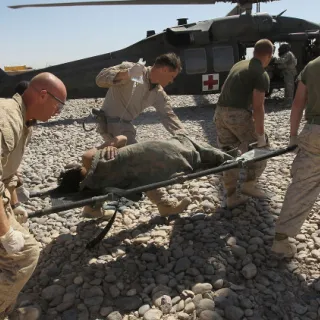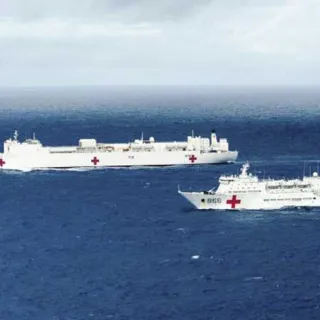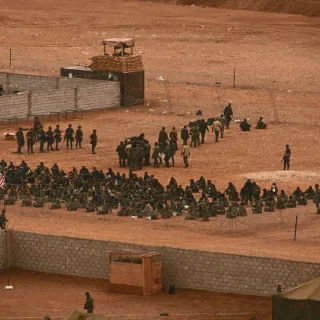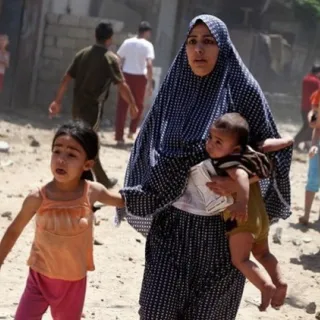
The 1949 Geneva Conventions and their Additional Protocols are international treaties that contain the most important rules limiting the barbarity of war. They protect people who do not take part in the fighting (civilians, medics, aid workers) and those who can no longer fight (wounded, sick and shipwrecked troops, prisoners of war).
People have always used violence to settle disputes, and all cultures through the ages have believed that there have to be limits on that violence if we are to prevent wars from descending into barbarity. For instance, there are rules protecting non-participants, prisoners and the wounded. These rules are set out in international humanitarian law. Yes, even wars have limits.




The Geneva Conventions and their Additional Protocols are international treaties that contain the most important rules limiting the barbarity of war. They protect people who do not take part in the fighting (civilians, medics, aid workers) and those who can no longer fight (wounded, sick and shipwrecked troops, prisoners of war).
The Geneva Conventions – one of humanity's most important accomplishments of the last century – turned 70 on 12 August 2019. It was an opportunity to celebrate all the lives the Conventions have helped save, determine what further work needs to be done and remind the world of the importance of protecting people from the worst of war.
The Geneva Conventions and their Additional Protocols are at the core of international humanitarian law, the body of international law that regulates the conduct of armed conflict and seeks to limit its effects. They specifically protect people who are not taking part in the hostilities, including civilians, health workers and aid workers, and those who are no longer participating, such as wounded, sick and shipwrecked soldiers and prisoners of war. The Conventions and their Protocols call for measures to be taken to prevent or put an end to all breaches. They contain stringent rules to deal with what are known as "grave breaches". Those who commit grave breaches must be pursued and tried or extradited, whatever their nationality.